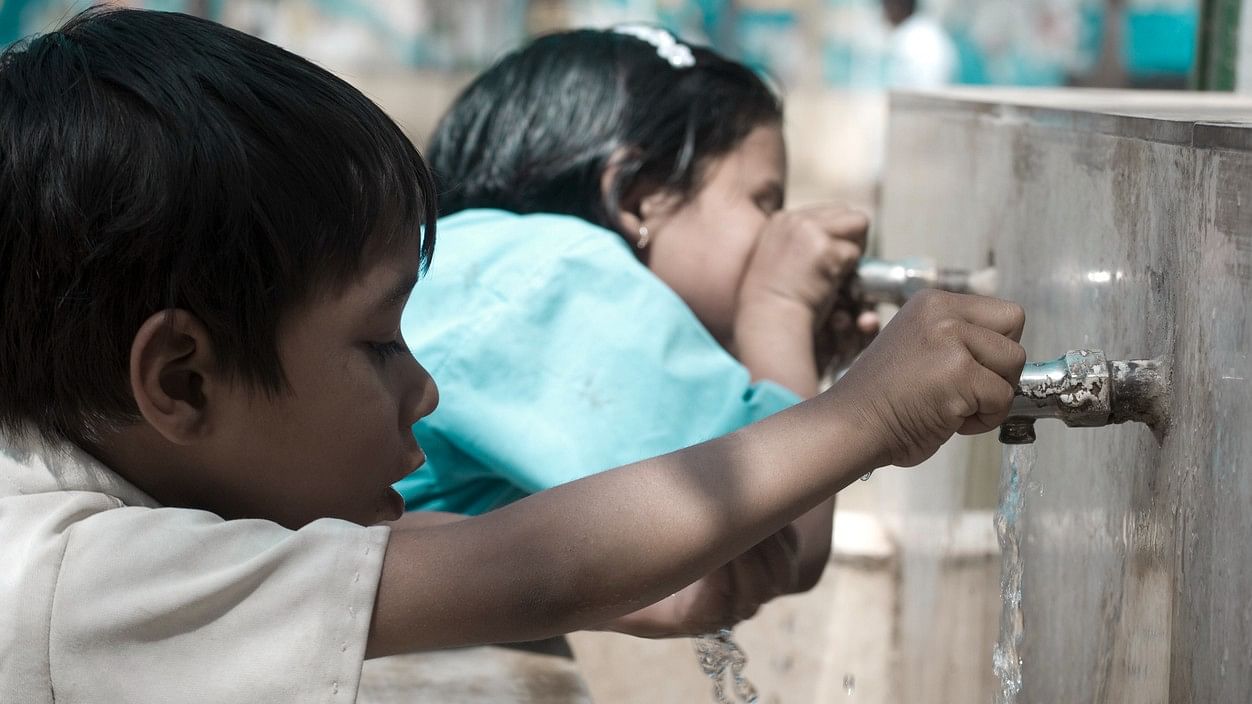
As per the EIA Rules issued in September 2006, projects with a built-up area of 20,000 sqm to 1.5 lakh sqm or above need prior approval from environment authorities.
Credit: iStock photo
Bengaluru: In a major shift aimed at enforcing environment impact assessment (EIA) rules, the State Environment Impact Assessment Authority (SEIAA) has begun asking builders to submit detailed water budgeting. It has also deferred over 10 proposals due to their lack of a sustainable approach, in view of the looming water crisis.
As per the EIA Rules issued in September 2006, projects with a built-up area of 20,000 sqm to 1.5 lakh sqm or above need prior approval from environment authorities. The projects are screened by expert committees and sent to the SEIAA for approval.
Reconstituted in March, the SEIAA has invoked the sustainability principle to ensure that builders taking up projects, especially in gram panchayat jurisdictions where rules for drawing groundwater are not stringent, do not get away with cursory mentions of water conservation.
Leading builders who had submitted proposals to construct apartments, mixed-use residential, commercial and retail buildings were made aware of the importance of conserving water. The SEIAA said steps should be taken to harvest rainwater to ensure that “the amount of water going to be consumed by the people” is “put back to earth”.
As per the documents accessed by DH, during the meeting on July 2, SEIAA member secretary BP Ravi noted that the expert committee recently started asking for a no-objection certificate from the Karnataka Groundwater Authority after the latter insisted on it to check illegal digging of borewells.
However, Ravi noted that a mere NOC will neither serve the purpose of checking groundwater overexploitation nor supply water to such apartments. “Instead, the authority should insist that project proponents take more sustainable and concrete measures such as constructing rainwater harvesting structures, shallow recharge wells, deep aquifer recharge wells, rainwater storage and reuse of treated water to make the project water sustainable,” he stated.
SEIAA Chairman B Guruprasad echoed the concerns and said that such measures should be taken up within the project or in the surrounding government lands to ensure the recharge of sufficient water.
The SEIAA deliberated on more than 25 construction projects. Except for a handful of proposals in the BBMP area where water supply and sanitation were assured by the Bengaluru Water Supply and Sewerage Board, the remaining were either deferred or sent back to the expert committee for additional screening.
The authority has also made it mandatory to install tertiary treatment of water, 50 per cent of the roof area for solar power generation, recharge facility for e-vehicles in at least 10 per cent of the parking area and other measures to get prior approval.
BP Ravi, who is also the Principal Secretary of the Environment Department, told DH that the measure was necessary to protect the water security of people besides the conservation of the environment. “There are cases where big builders dig up to 30-35 borewells to supply water to large apartment complexes.
This is a highly unsustainable measure in the absence of measures to conserve water, from rainwater harvesting to tertiary treatment of water. We need a definitive shift towards conservation and long-term measures to ensure that people’s access to clean water is not compromised. The EIA notification is very clear on this matter,” he said.